Friday afternoon. We’re at the local play park after school.
There are children of various ages there; primaries one to four are well-represented while the older kids lurk around the rusty hanging poles at the bottom of the park.
There are a few children from nursery, too – my youngest son points them out to me. “That’s Matty. That’s New Lily. That’s Blake.”
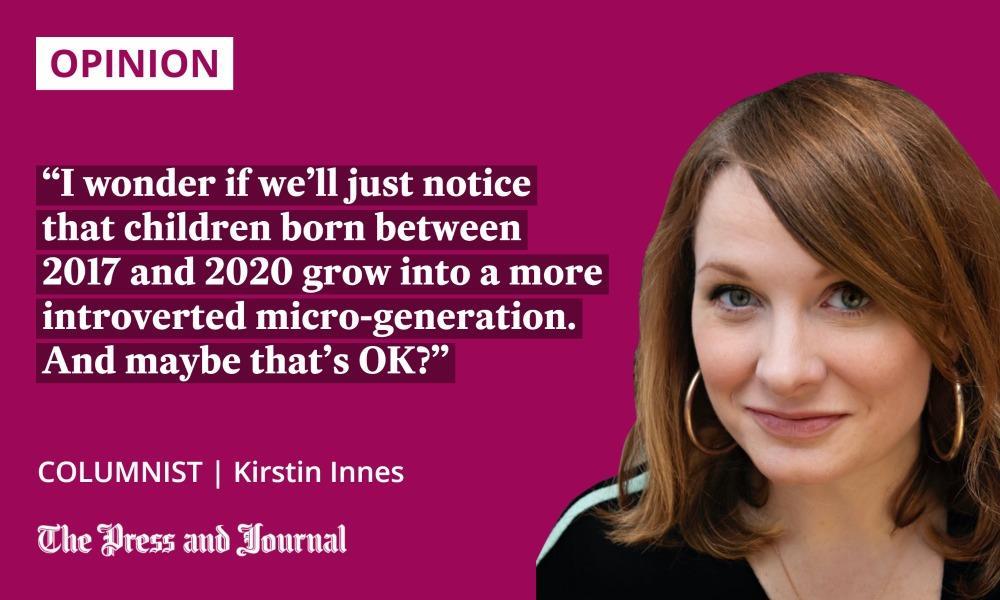
He’s not playing with them, though. He’s sitting on my knee, or hanging off my leg, or off by himself trying to climb something, or, most likely, following the dust kicked up by his brother from the middle of a charging mob of older kids. Sometimes they let him play. He’s the Lava Monster and he has to chase them.
But, eventually, they get bored or outrun him, and he comes back to me, to the bench of mothers. The other mothers try and talk to him and he just goes quiet, cuddles in.
“Look, New Lily is on the swings! Shall we go and play with her?” He can’t articulate whatever he’s thinking, so he stays quiet, looks another way.
“Why don’t we go and play on the slide with Matty?” No.
Eventually, his brother runs off to the football pitch with a gang of kids from his class and the wee one bursts into tears. “He wasn’t listening to me! I only want to play with him!”
Helping little ones navigate lockdown was hard
In March 2020, I was worried about the effect lockdown would have on my eldest son. He was a month off his fourth birthday when we locked down.
We’re lucky enough to live in a small village where we have a lot of friends with similarly-aged children, and the eldest was accustomed to running with a pack, including two best friends he’d known from babyhood, almost every day. These friendships had been forged in mornings spent squabbling over grubby toys in the village hall toddler group, or sitting in a circle at Bookbug at the local library.
Playdates. Trips to the woods or the river. Saucepans of pasta eked out to feed four or five kids sitting round someone’s kitchen table while the parents sat back with a cuppa. To have all that stop suddenly affected him hugely.
We would visit friends briefly at their garden gates on our mandated hour-long walks, holding children accustomed to existing in a tangle of limbs back from each other. His fourth birthday “party” was a miserable thing; I’ve got pictures of him peering miserably at his confused pals in their tiny separate squares on my laptop screen, with three inflatable PJ Masks balloons drifting listlessly in the background, trying to deputise for actual people.
But, here he is, almost a year into his school career, busy and sociable and happy.
Missing out on toddler development time
The youngest was one and a half then. He’s now coming up on the age that his brother was when we locked down, and the difference in them gnaws at me.
As the lockdown rules wavered and tightened and we got occasional bursts of time with family outdoors, we noticed that he couldn’t really connect with his grandmothers, despite having had regular Zoom contact with them. He seemed so happy playing with his brother, though. Flash forward two years and he seems to struggle to play with anyone who isn’t.
His dad and I now feel guilty that we didn’t actively seek out new friendships with other toddler parents to help him once lockdown lifted
He missed out on all that toddler development time, and his dad and I now feel guilty that we didn’t actively seek out new friendships with other toddler parents to help him once lockdown lifted, while the local groups remained closed (because what every parent needs is more reasons for guilt, of course).
I tried a play date recently where my son and the other three year old pootled around by themselves, talking mainly to their parents or playing solo with things they’d found in the garden, while the elder siblings giggled and screeched together. When I pointed it out, the other mother just smiled and said: “That’s OK. They’ll find their way at some point.”
We can’t force anything
Earlier this month, Ofsted’s chief inspector, Amanda Spielman, expressed the organisation’s “lingering” concerns that pre-school children had suffered developmentally over the pandemic. She cited early learning education providers in England reporting a negative impact on the emotional, social and communication development of two to four year olds.
On Tuesday, Ofsted announced a new strategy for early learning centres across England and Wales designed to tackle this, called “Every child deserves the best start in life”.
The inquiry must look at the wider impacts on children as well as direct effects of attendance restrictions. Teachers, parents and others have done great work to mitigate the harms, but they are real and must not be ignored in the reckoning. I agree with @halfon4harlowMP https://t.co/WTeXgpz2pS
— Amanda Spielman (@amanda_spielman) March 25, 2022
I honestly don’t know that additional controls on early learning care settings are the answer to anything more than the wave of handwringing media coverage Spielman’s announcement has stirred up.
The nursery my son attends seems to be doing a great job letting the children find their own way. It will take them longer to build up these skills, but forcing them into anything before they’re ready isn’t going to work either.
In my less guilty moments, I wonder if we’ll just notice that children born between 2017 and 2020 grow into a more introverted micro-generation. And maybe that’s OK?
It’s so difficult to tell out here in the uncharted waters of post-pandemic parenting.
Kirstin Innes is the author of the novels Scabby Queen and Fishnet, and co-author of the recent non-fiction book Brickwork: A Biography of the Arches
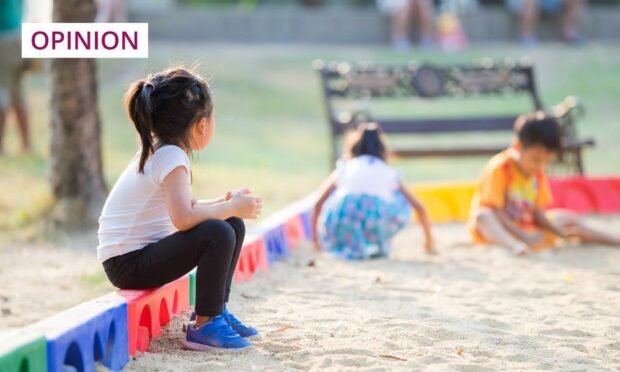
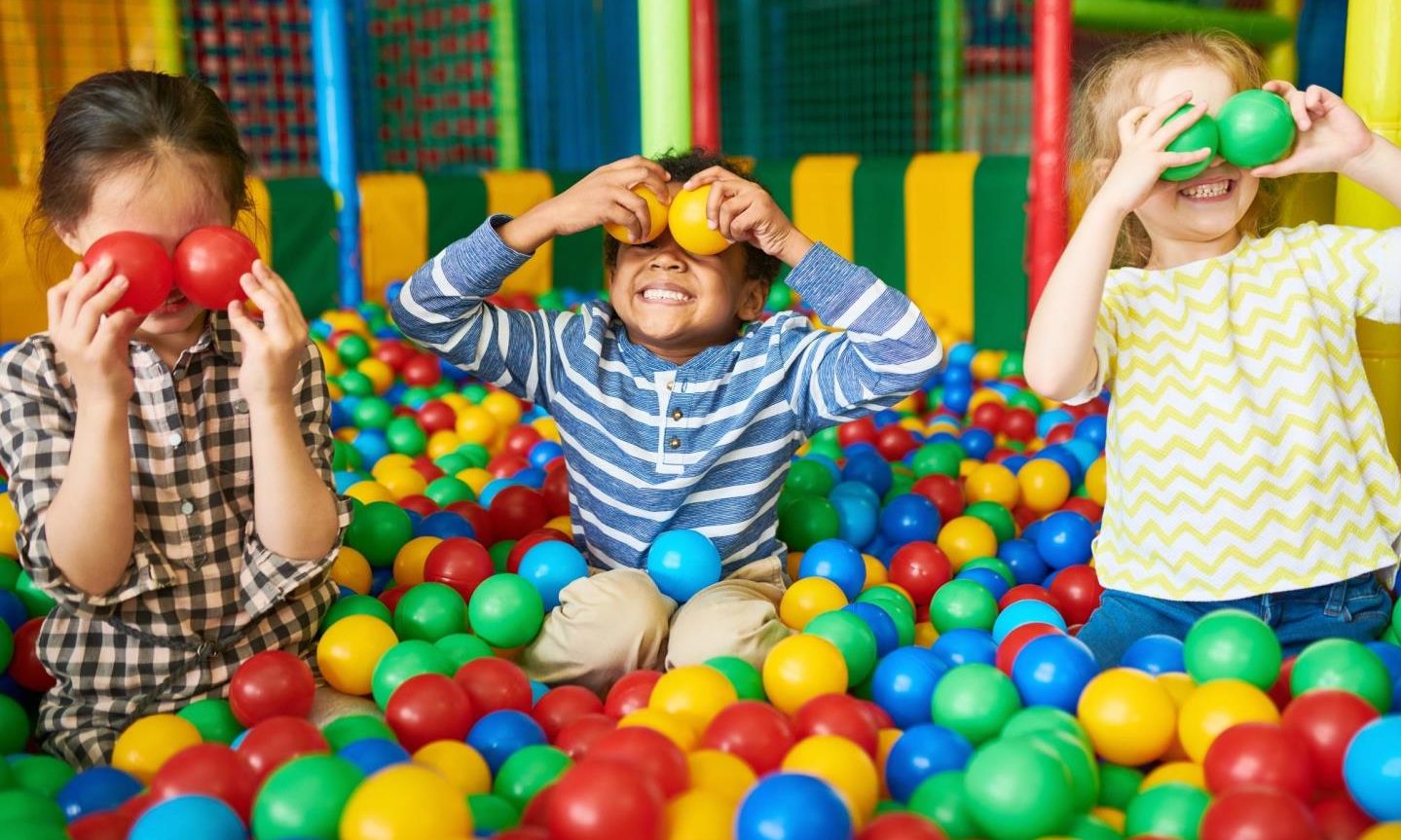
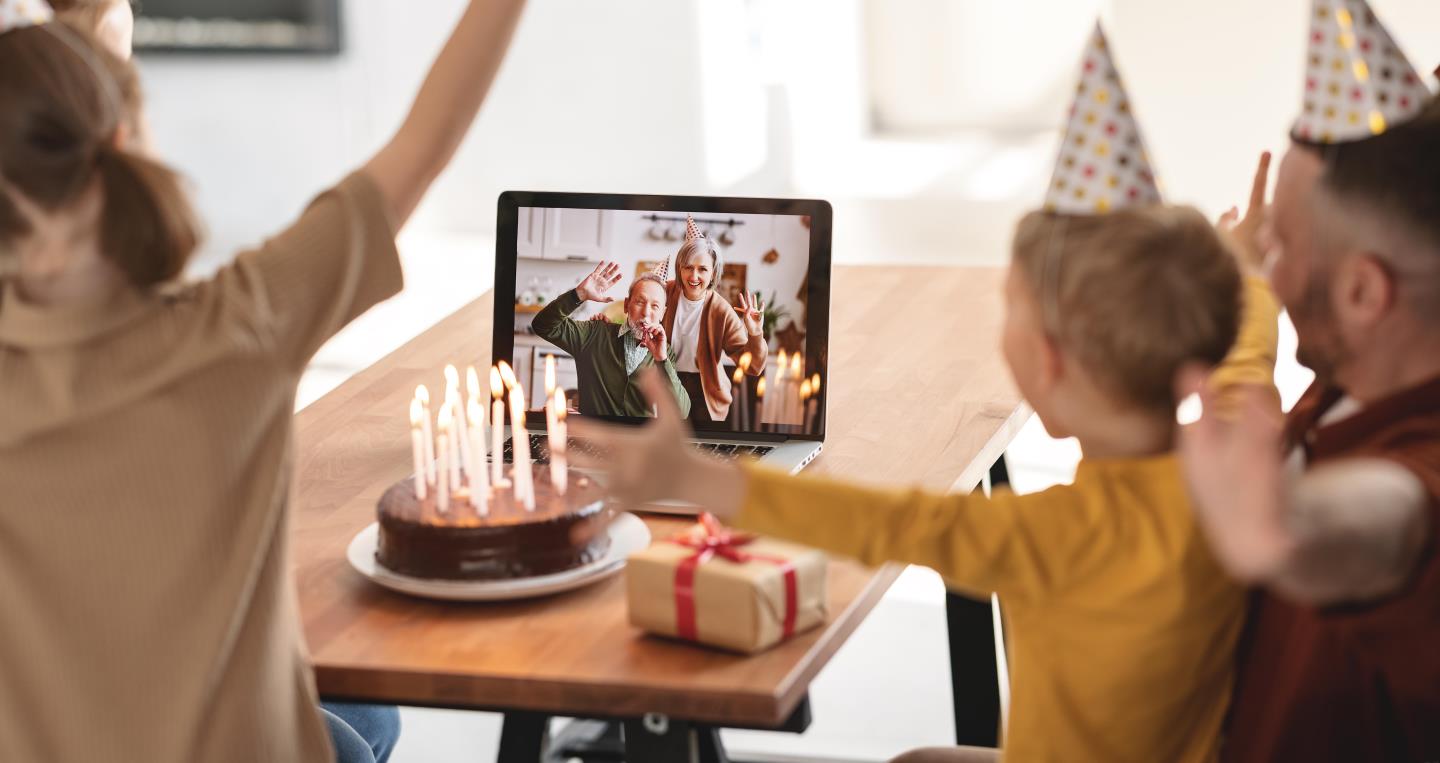

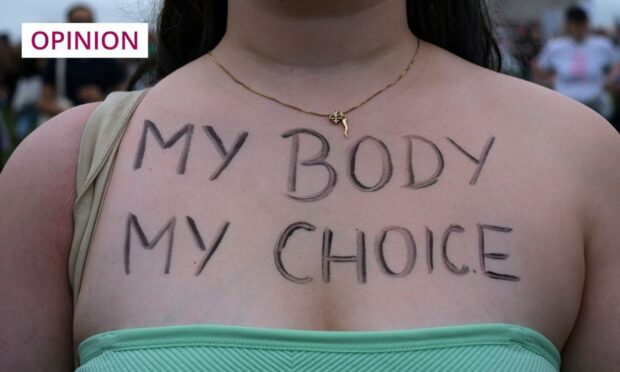
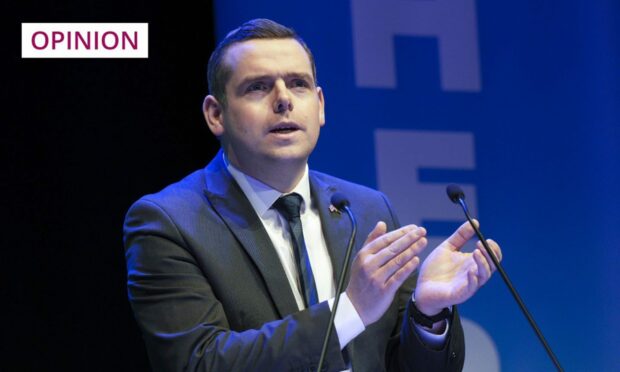
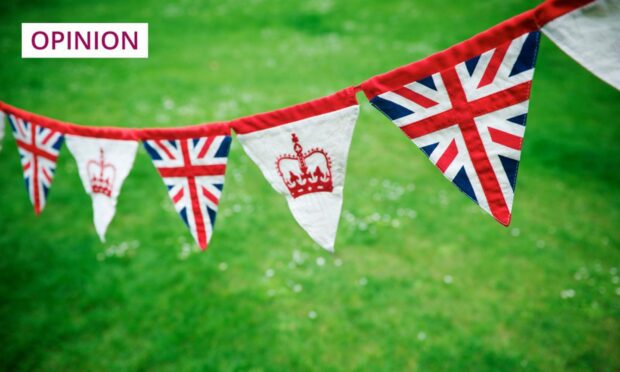
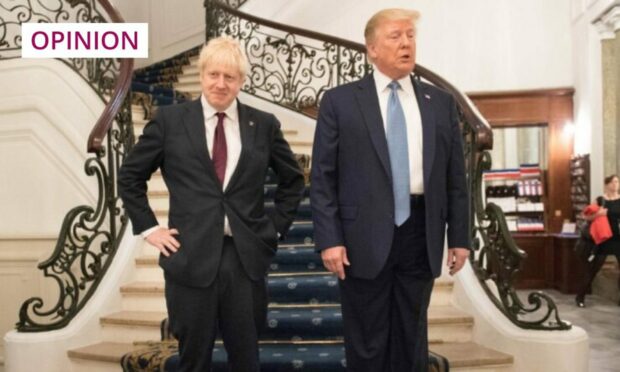
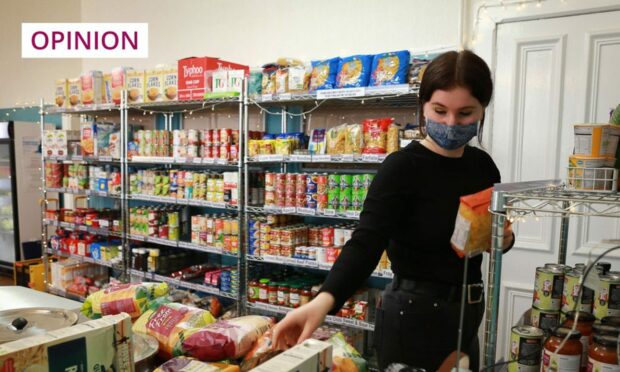
Conversation